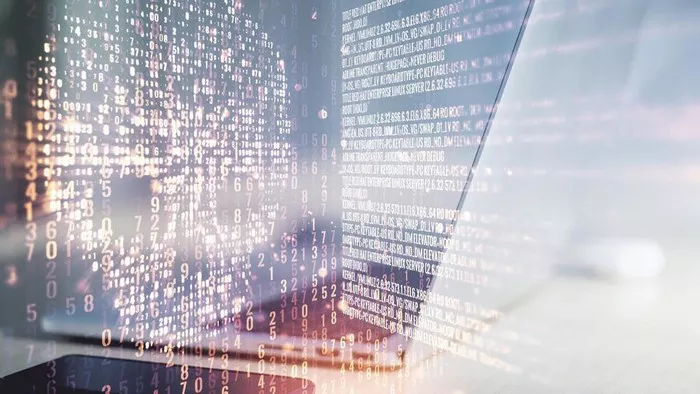The stock market plays a significant role in the global economy, and investors closely monitor various indicators to gauge market trends and make informed decisions. One such indicator is Dow futures, which provide valuable insights into the future direction of the stock market. In this article, we will explore what Dow futures are, how they work, and why they are essential for investors and traders.
Understanding Dow Futures
-
Introduction to Dow Jones Industrial Average (DJIA)
Before delving into Dow futures, it’s crucial to understand the Dow Jones Industrial Average (DJIA). The DJIA is a stock market index that tracks the performance of 30 large, publicly traded companies listed on U.S. stock exchanges. These companies represent various sectors of the economy and are considered influential in their respective industries.
-
What Are Dow Futures?
Dow futures, also known as DJIA futures or Dow Jones futures, are financial contracts that allow investors to speculate on the future value of the DJIA. These futures contracts derive their value from the anticipated performance of the DJIA index. In essence, Dow futures enable investors to bet on whether the DJIA will rise or fall in the future.
-
How Dow Futures Work
Dow futures are traded on futures exchanges, such as the Chicago Board of Trade (CBOT) or the Chicago Mercantile Exchange (CME). They operate similarly to other futures contracts. Investors enter into an agreement to buy or sell a specified number of DJIA index points at a predetermined price and future date. The futures contract represents an obligation to fulfill the transaction at the agreed-upon terms.
-
Price and Contract Specifications
Dow futures are quoted in index points, representing a certain value of the DJIA. For example, a Dow futures contract might be valued at 50 index points, meaning a $50 movement in the DJIA. Each point represents a monetary value, which can fluctuate based on market conditions.
-
Trading and Settlement
Dow futures are traded electronically on futures exchanges during specified trading hours. The trading hours may vary depending on the exchange and the contract. The settlement of Dow futures occurs on a future date, typically at the end of the trading day. Settlement can occur through cash settlement, where the difference between the contract price and the final value of the DJIA is settled in cash, or physical delivery of the underlying index.
Why Dow Futures Matter
-
Market Prediction
Dow futures are an important tool for predicting market trends and sentiment. As futures contracts represent market participants’ expectations, they provide insights into the anticipated future direction of the stock market. By monitoring Dow futures, investors can gain an understanding of market sentiment and potential market movements.
-
Risk Management
Dow futures serve as risk management tools for investors and traders. They allow market participants to hedge their portfolios against potential losses by taking positions that offset their existing investments. For example, if an investor holds a portfolio of stocks and anticipates a market downturn, they can enter into a short position in Dow futures to mitigate potential losses.
-
Liquidity and Trading Opportunities
Dow futures provide liquidity and trading opportunities for market participants. The futures market operates beyond regular trading hours, allowing investors to take advantage of price movements and execute trades. Additionally, futures contracts enable investors to engage in leverage, amplifying their exposure to market movements.
-
Global Market Impact
The Dow Jones Industrial Average is a widely recognized and followed index both domestically and globally. Therefore, Dow futures have a significant impact on global financial markets. As international investors track the DJIA and trade Dow futures, it can influence other stock indices and market sentiment worldwide.
-
Economic Indicator
Dow futures are considered a leading economic indicator, providing insights into market expectations and economic outlook. As investors and traders assess the future performance of the DJIA, it reflects their confidence or concerns about the overall economy. Consequently, Dow futures can influence investor sentiment and impact market movements.
Conclusion
Dow futures are an essential component of the financial markets, providing investors and traders with valuable insights into the future direction of the Dow Jones Industrial Average. By understanding what Dow futures are, how they work, and their significance, market participants can make informed decisions, manage risks, and take advantage of trading opportunities.
As an indicator of market sentiment and a tool for risk management, Dow futures play a vital role in shaping investment strategies and influencing global financial markets. By monitoring and analyzing Dow futures, investors can stay informed about market expectations, gauge economic outlook, and navigate the dynamic landscape of the stock market.

